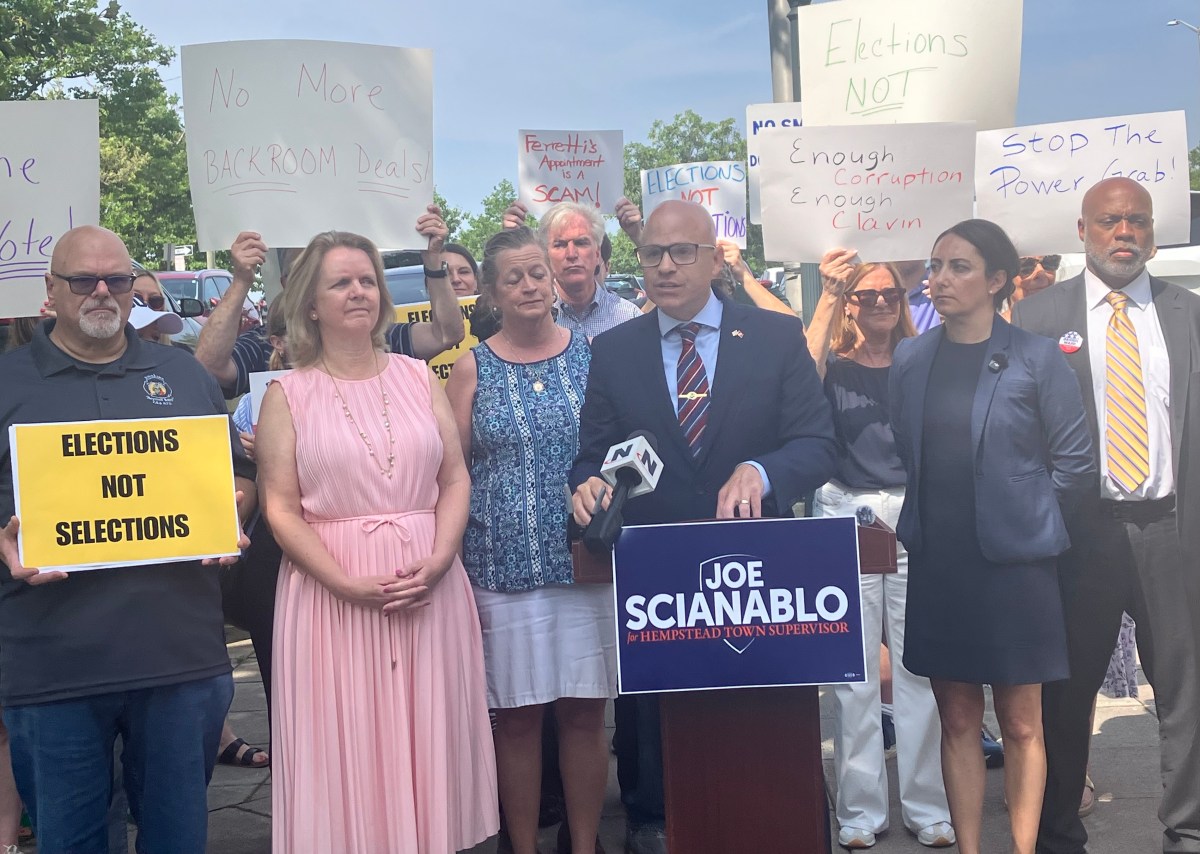Reform and a rethinking in the way children are raised became topical to an audience in Jamaica when a government minister said boys and girls are being short-changed by parents who apply different standards — depending on their gender — resulting with stereotyped negative behavior.
Olivia Grange, minister of Culture, Gender, Entertainment and Sport said the pervasive “idea of masculine identity” attributes to high levels of violence and particularly gender-based violence on the island.
In addressing issues related to raising boys the minister said: “This idea of masculinity that we teach and enforce causes men to see themselves as strong and women as weak. It makes them feel that they are superior to women and that they can own, control and abuse women.”
She explained that the problem starts early in the lives of children and can be attributed to how parents choose to raise boys.
“We tell them (boys) that they must be masculine; and that masculinity is the opposite of femininity. So they grow up to reject feminine traits in favor of masculine ones. They must be tough. And we spend a lot of time training them to be tough. We punish them in certain ways to toughen them up. We drop lick pon dem — much more than we do girls.”
Imposing her assigned authority as gender minister she emphasized that the effect of attempts to toughen up boys result in the “hardening of our society; not only men, but women who must assert themselves in the face of male aggression.”
She proposed a lasting and practical solution to change the way parents raise children, particularly boys, who are currently subject to violent beatings as part of their upbringing.
She took the opportunity to also plead to parents who implement beatings as a means of punishment of children.
“There is a saying, ‘don’t spare the rod and spoil the child,’ but, ladies and gentlemen, I believe we should in our new socialization of our children, banish corporal punishment.”
The old-school method of reprimand and punishment no longer has a place in the society she stated.
She condemned recent acts of violence against women and has urged Jamaicans to do more to end the violence.
She cited the killing of Roulene Clarke Cowan, a 42-year-old woman who was recently murdered by her spouse. She explained that “intimate partner violence is more common than we are willing to admit.”
The police reported that the victim was shot dead by her husband, Patrick Cowan, who later killed himself.
The following day, the police reported another incident in which a woman was attacked by her common-law husband, who later took his own life.
The woman was admitted to hospital in a serious condition.
The minister welcomed the idea of the policy meeting but cautioned the participants that it should not be recorded as a talk shop.
Grange said: “I know there is no quick fix. There is no silver bullet. There is no magic wand. But we are in a crisis; and our people are impatient for action. We can study all we want. We can research all we want but we can do more as a society to intervene and end the violence. If you know that someone is being abused, please do not remain silent.
Do not look the other way. Call the police. Your intervention could save lives.”
Grange told the audience that women in violent relationships should take advantage of the national shelter which the government has established.
She urged support of battered women “to help them leave violent living environments and to receive counselling and other assistance.”
She said her ministry is committed to establishing two additional shelters for women in this financial year.


























